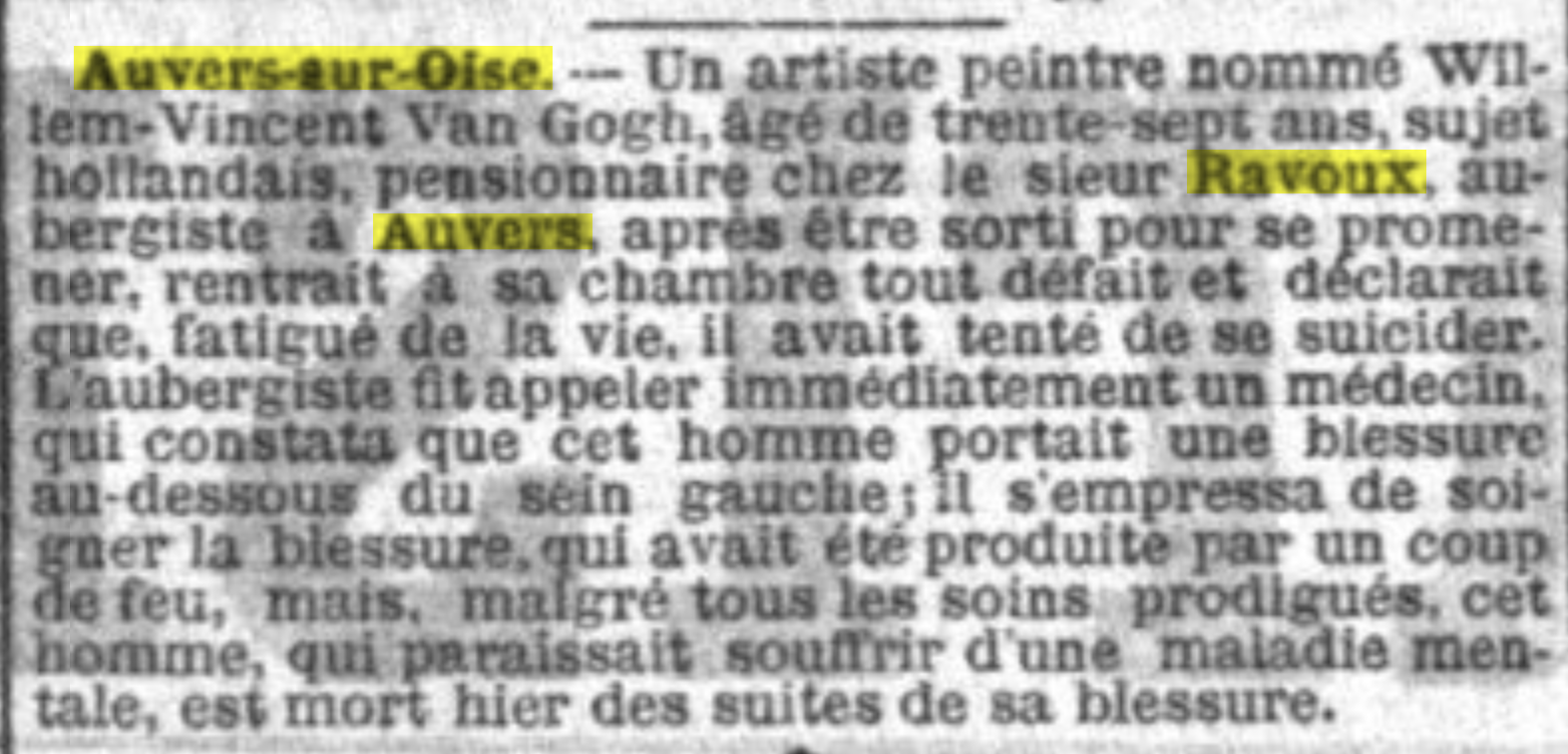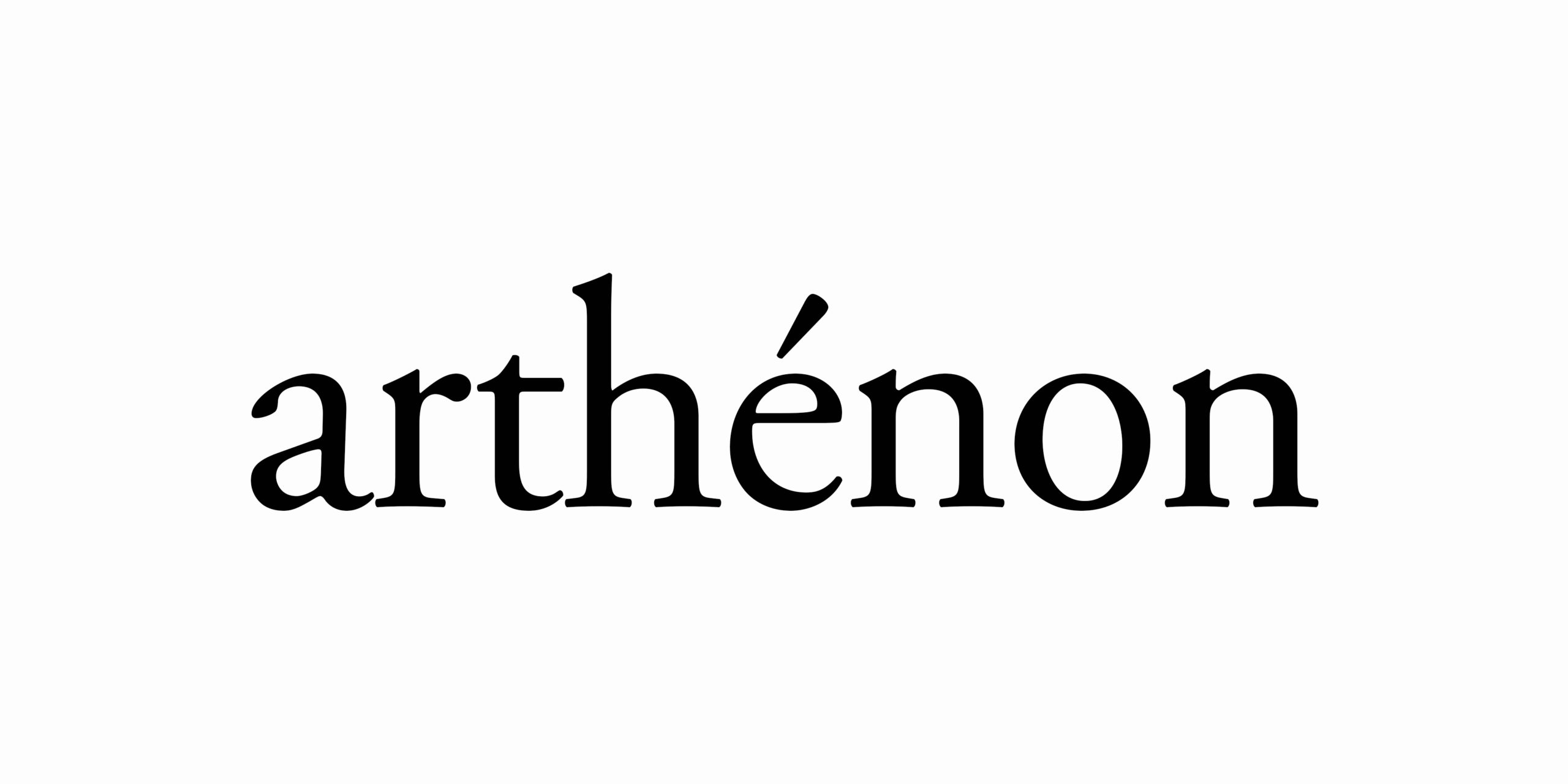Naturally, Van Gogh’s stay in Auvers-sur-Oise, from May to July 1890, is always centered on Van Gogh. When we take an interest in his actions, well documented by his letters and the comments of those who knew him, we plunge into a multitude of details that are sufficient in themselves to provide a very good idea of the realities that were his, and consequently to better understand his paintings.
But the historian that I strive to be is also interested – and sometimes more so – in the general context in which Van Gogh created his masterpieces.
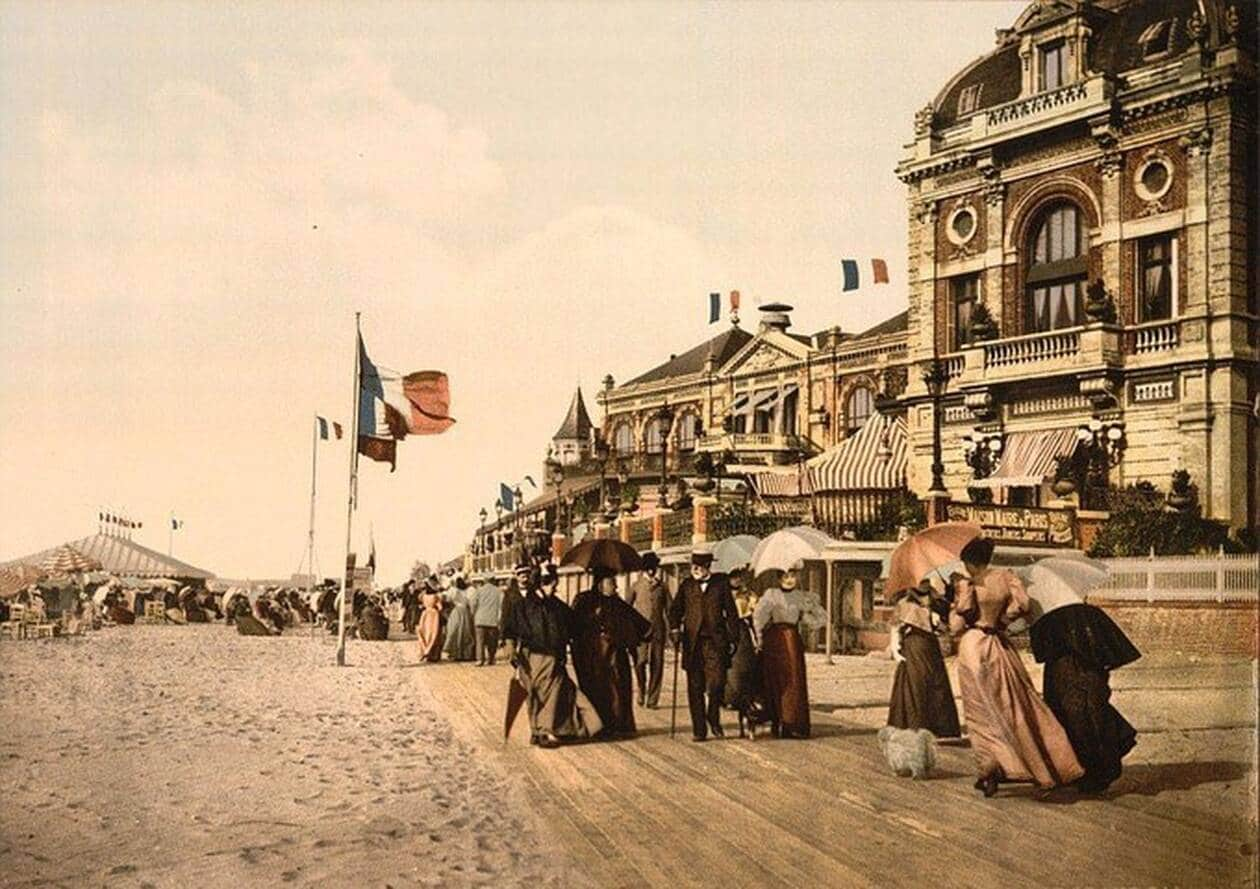
A selective ephemeris about Vincent van Gogh’s stay in Auvers-sur-Oise (May 1890 – July 1890)
Nota bene : the choice presented here is a selection of events that occurred in Vincent van Gogh’s entourage, as well as a cross section of international, national and local news. The events selected shed light on the historical context of Vincent van Gogh’s stay in Auvers-sur-Oise.
Thursday, January 30th
The business office of notary Pichard, in Pontoise, registers the sale of the Café de la Mairie business (wine merchant and tobacco shop) by Mr. and Mrs. Levert, living in Auvers-sur-Oise, to the couple Ravoux-Touillet, living in Menucourt. The commencement of the business was fixed at the first of February 1890.(Le Progrès de Seine-et-Oise, n°274, February 1, 1890)
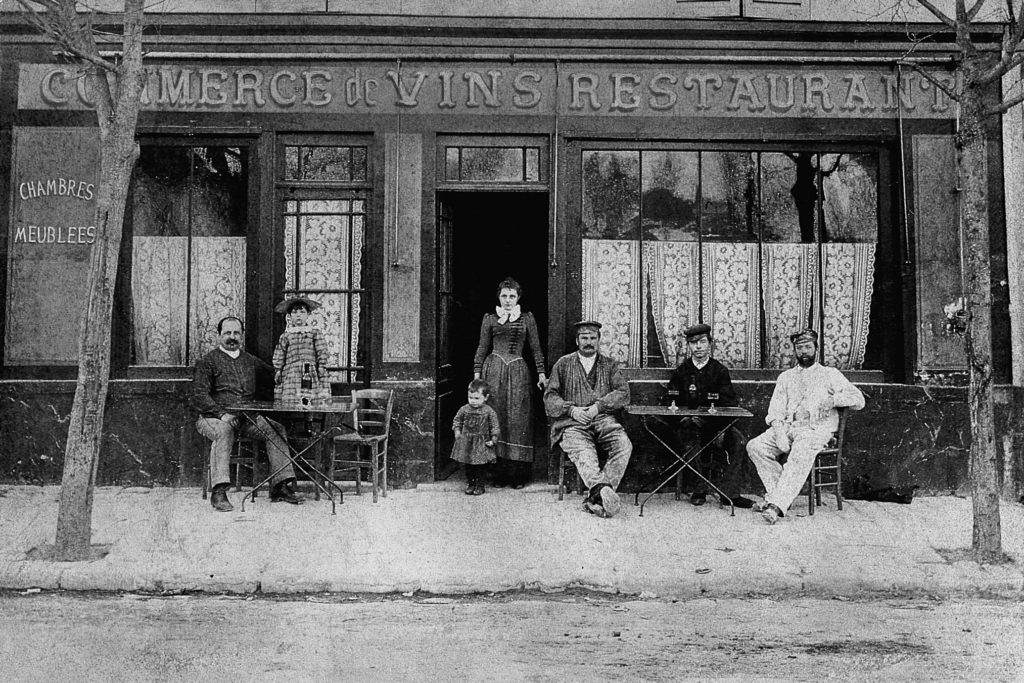
Wednesday, March 26th
A bill was introduced in the Chamber of Deputies to regulate the use of imported raisins in the manufacture of wine. The law will guarantee the French people, especially the workers, healthy and fortifying wine (Le Cri du Peuple, March 27, 1890)
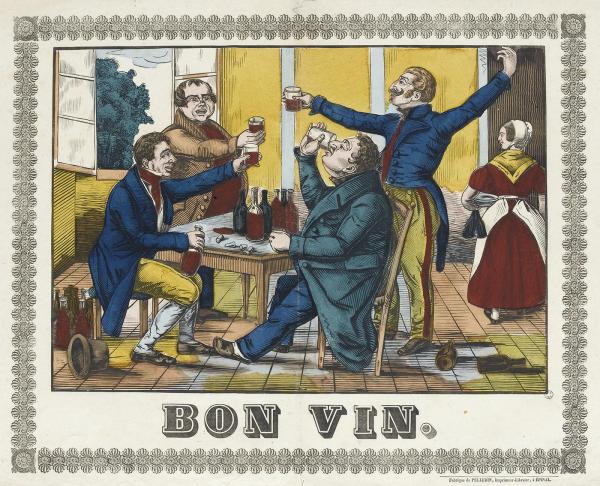
Tuesday, April 15th
L’Intransigeant published a brief article criticizing the “scandalous” malfunctions of the Paris telephone service. The fastest communications are given after fifteen to twenty minutes of waiting.
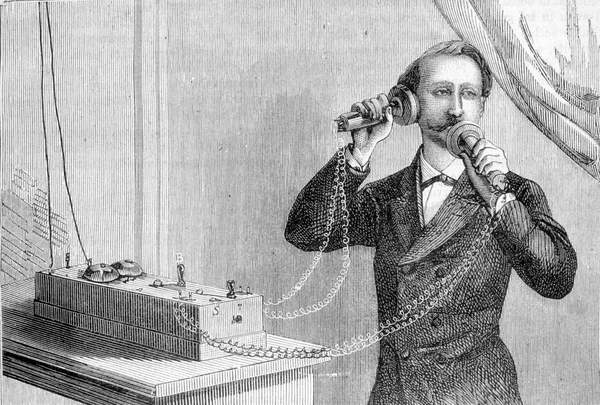
Thursday, May 15th
In L’Intransigeant, Edmond Jacques writes that the most important work in the Palais des Beaux-Arts, in the Salon du Champ de Mars, is Inter artes et naturam, by Puvis de Chavannes. “Poetry, here it is. We bathe in it. One would like to drown in it.”
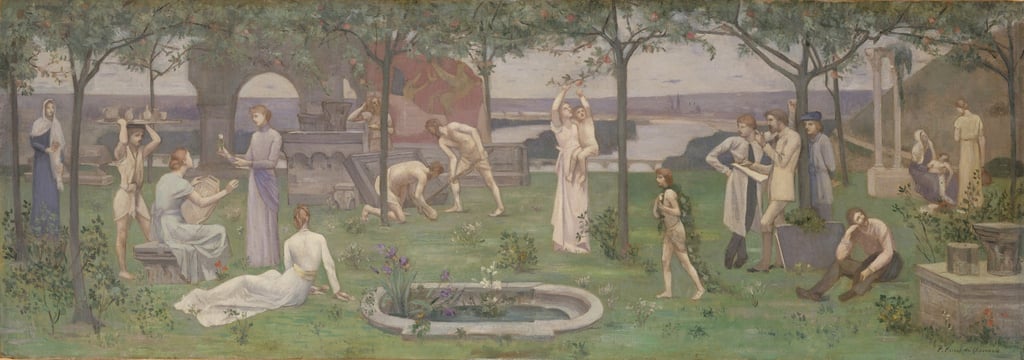
Tuesday, May 20th
The Correctional Court of Pontoise, on which Auvers-sur-Oise depended, handed down 25 prison sentences for various offenses: vagrancy, begging, theft of rabbits and asparagus, assault and battery, deception, swindling, adultery, drunkenness, breaking a fence, carrying a prohibited weapon (a sword cane) and contempt of officers.
Monday, May 26th
Former Chancellor Otto von Bismarck told the French press that “the situation in Europe is perfect.” “Germany will never attack France.” (L’Avenir de Pontoise, number 22, June 1, 1890)
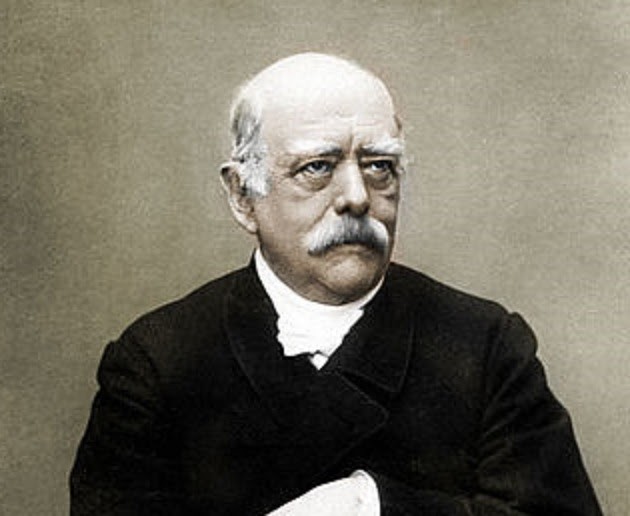
Saturday, May 31st
The opening date of the fishery is published: Monday, June 16. As an exception, anglers will not be ticketed on Sunday, June 15.
Tuesday June 3rd
In Vauréal, 17 kilometers from Auvers-sur-Oise, Narcisse Huppé, a 58-year-old bachelor, was found hanged in his barn. The Regional of Beaumont-sur-Oise of June 5, 1890 wrote: “This man, who had already been locked up in a nursing home, was not completely cured. We can therefore attribute his suicide to an attack of madness.”
Sunday June 8 – Monday June 9
Festival in the hamlet of Butry, in the commune of Auvers-sur-Oise, with a concert by the brass band, games and a ball.
Tuesday June 17th
At ten o’clock and seven minutes in the morning a partial eclipse of the sun takes place, which takes the shape of a crescent.
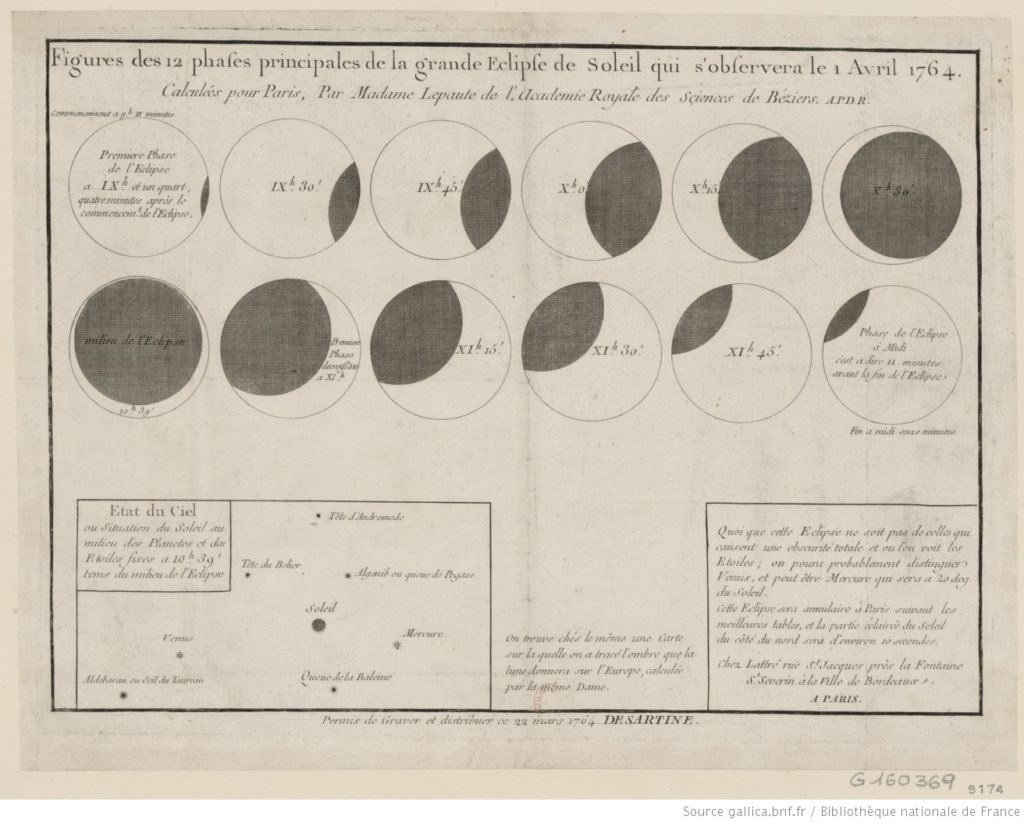
Wednesday June 25th
The body of an inhabitant of Ermont (a town near Auvers-sur-Oise), was found near a copse. After investigation, it appears that the unfortunate man committed suicide with a revolver, by shooting himself twice in the heart area (Le Progrès-de-Seine-et-Oise, number 295, June 28, 1890)
Sunday, June 29th
Father Tessier, parish priest of Auvers-sur-Oise, organized an exceptional mass, with music, on the occasion of a subscription intended for the acquisition of a second bell for his church (L’Avenir de Pontoise, N° 27, 6 July 1890)
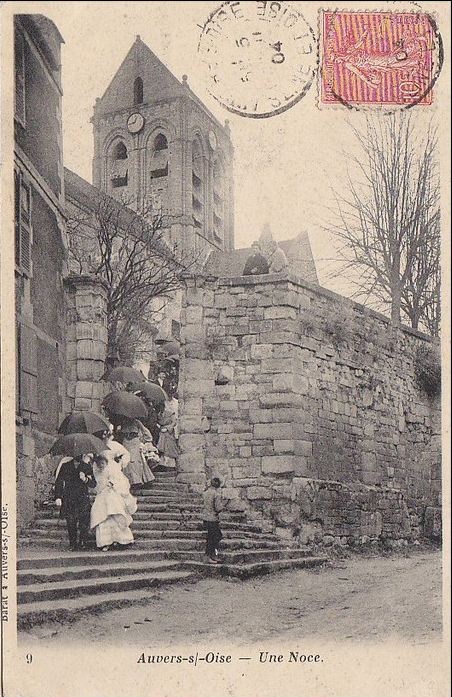
Monday, July 7th
The Chamber of Deputies discussed a bill to limit the number of working hours in the week for women and children in factories, as well as the introduction of a weekly day of absolute rest.
Monday, July 7th
In Auvers-sur-Oise, the two and a half year old Charlotte Fayolle fell into a pot of boiling water intended for cooking blood sausage. She died the following day from her injuries.
Tuesday, July 1st to Tuesday, July 8th
A total of 14 homeless individuals were sentenced to various penalties by the court of Pontoise, for vagrancy, beating, theft of wicker, contempt for a fisheries warden, drunkenness, violence against a rural constable, abusive and nocturnal disturbance, begging, rebellion, breaking a fence, breach of trust and theft of artichokes.
Thursday, July 10th
L’Écho Pontoisien (N°28) publishes the epilogue of its serial L’Auberge de la mort. The story concludes with the tragic double suicide of Lucien and Marceline, who shoot themselves in the heart
Tuesday, July 15th
The Chamber of Deputies passed a law allowing the monuments installed for the 1889 World’s Fair to remain on the Champ de Mars.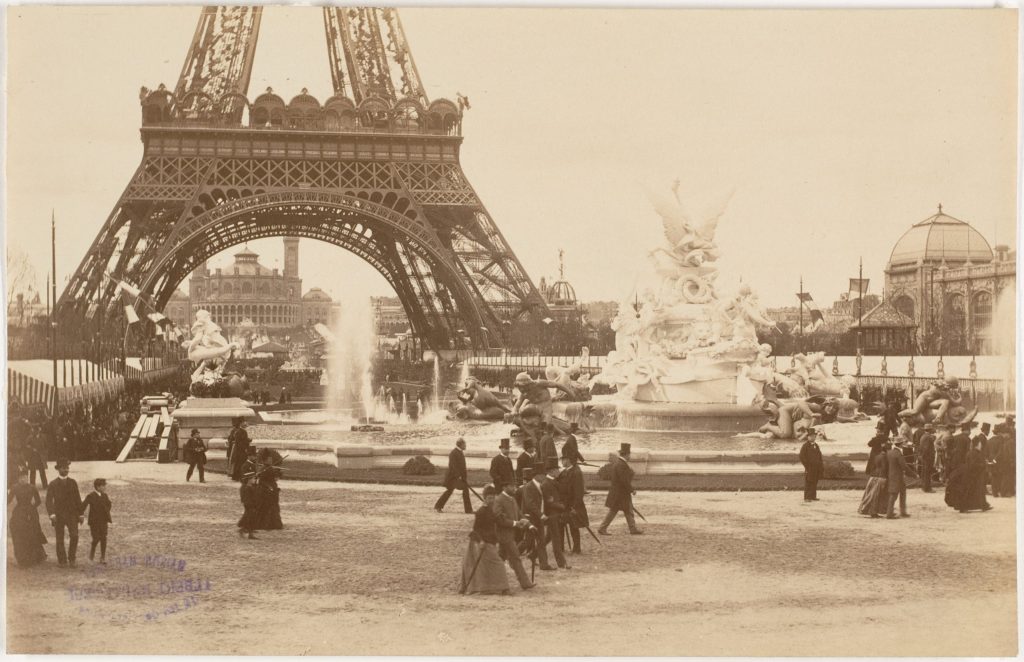
Thursday, July 24th
Doctor Joseph Jean-Baptiste Mazery’s thesis defense in Paris (Annuaire de Seine-et-Oise 1891).
Friday 25th July – Saturday 26th July
Installation of Joseph Jean-Baptiste Mazery in Auvers-sur-Oise. Van Gogh’s suicide attempt on Sunday, July 27th will motivate his first emergency intervention.
Wednesday, July 30th
Le Figaro reports the vote of the Belgian Chamber of Deputies, granting the Independent State of Congo, personal property of King Leopold II, a loan of 25 million gold francs to continue the colonial work. In the agreement, it is foreseen that the Independent State of the Congo will revert to Belgium in case of non-repayment, or upon the death of the sovereign, who would then generously renounce any compensation for the sacrifices he had made.
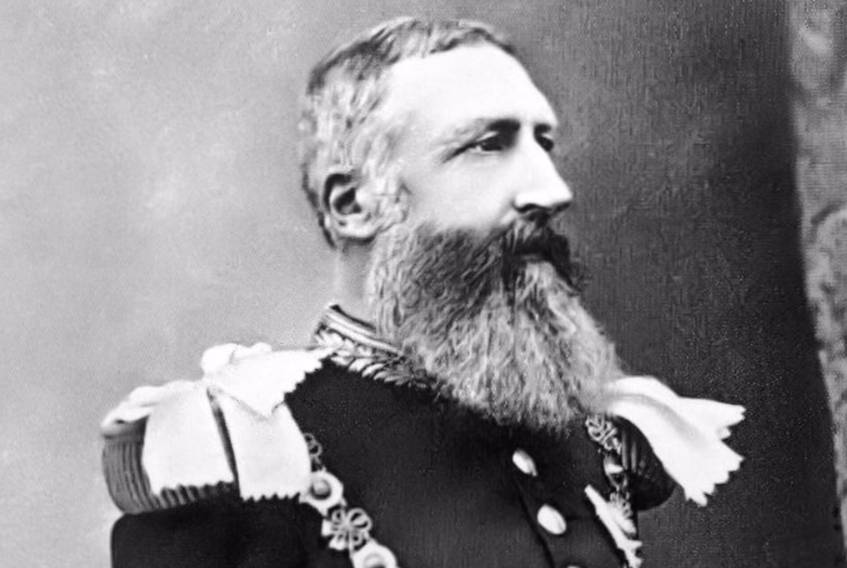
Saturday, August 2nd
Le Petit Parisien The Petit Parisien publishes the following news item: “A painter named Willem-Vincent Van Gogh, thirty-seven years old, a Dutch subject, boarder of Mr. Ravoux’s in Auvers, after having gone out for a walk, returned to his room all defeated and declared that, tired of life, he had tried to commit suicide. The innkeeper immediately called a doctor, who found that the man had a wound below the left breast; he hastened to treat the wound, which had been produced by a gunshot, but, despite all the care given, this man, who appeared to be suffering from a mental illness, died yesterday as a result of his injury.”

